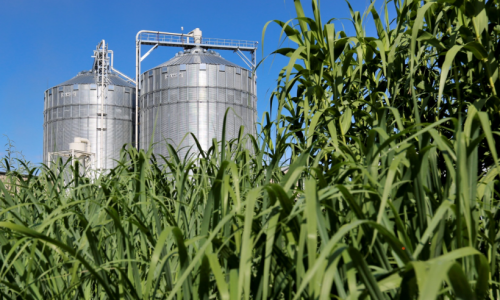The Center of Economic and Law Studies (Celios) has criticized Indonesia’s push for Carbon Capture and Storage (CCS) technology, labeling it a “false solution” in the nation’s energy transition efforts.
Bhima Yudhistira, Executive Director of Celios, argued that CCS enables continued fossil fuel dependency rather than encouraging industries to switch to cleaner energy sources.
Celios pointed out that CCS is a more expensive option than renewable energy investments, particularly solar power.
According to Celios’ calculations, coal-fired power plants (PLTUs) with CCS technology would require an investment exceeding Rp30.2 million per kilowatt hour (KWh) in 2020 and Rp22 million per KWh by 2050, compared to solar power installations (PLTS) projected to cost only Rp6 million per KWh by 2050.
Bhima also highlighted safety concerns, citing cases of CCS pipeline leaks in the U.S. that sent around 40 people to the hospital.
With Indonesia’s location on the Ring of Fire, the risks of such leaks are heightened due to frequent seismic activity, which could lead to additional safety and maintenance costs.
Then Energy and Mineral Resources (ESDM) Minister Arifin Tasrif acknowledged the high costs associated with CCS, but emphasized that the government remains committed to the technology as part of its carbon reduction strategy.
For example, projects such as the Gundih Natural Gas Purification in East Java require an injection investment of US$105 million (Rp1.7 trillion), while the LNG production in Bintuni, West Papua, involves US$948 million in CO2 capture costs.
Although CCS technology is currently expensive, Arifin expressed optimism that as the technology matures, costs could decrease, making it a feasible long-term solution for Indonesia’s emission reduction efforts.









